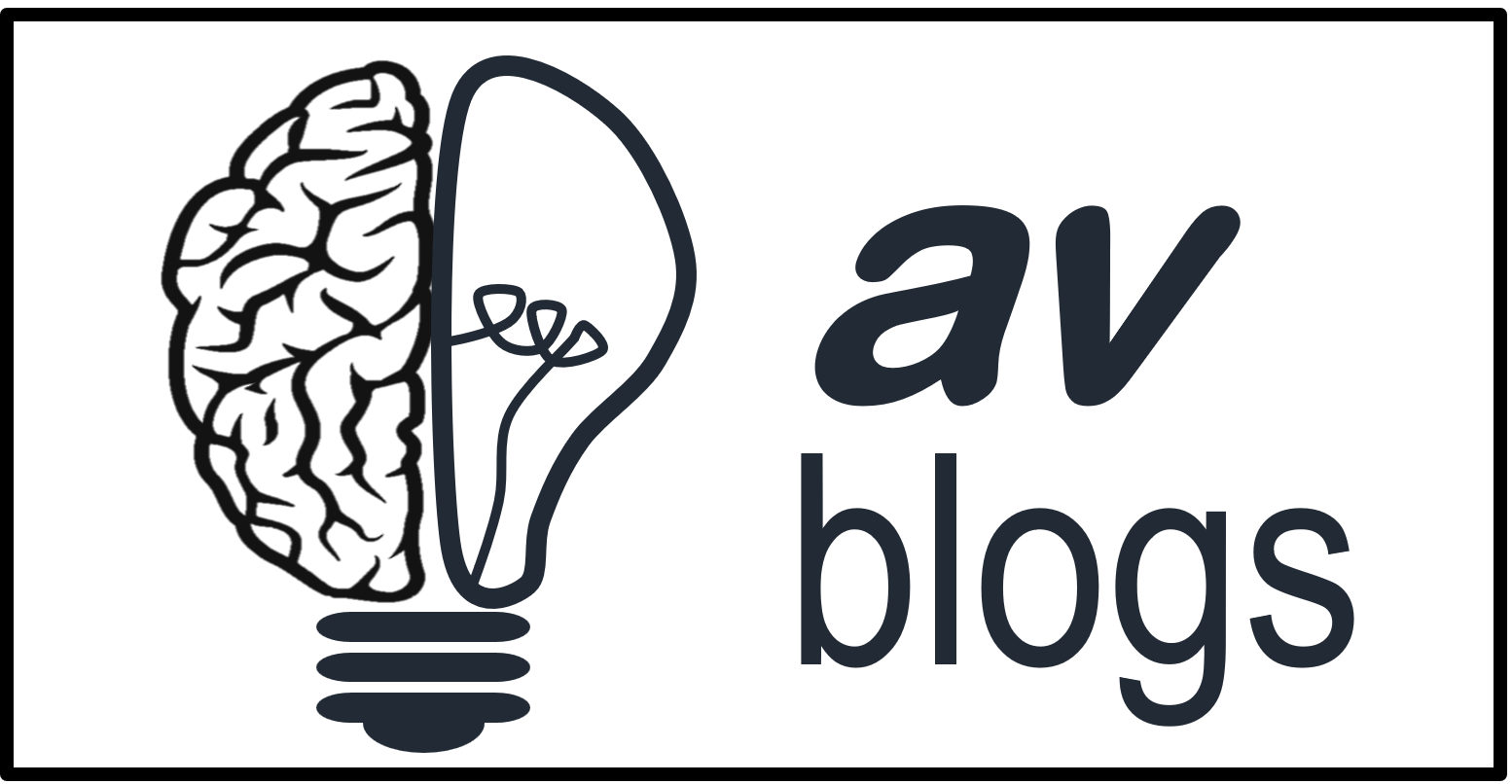Amit Vishwakarma

Generative AI is transforming the pharmaceutical industry by simplifying drug development communications. This advanced technology uses machine learning algorithms to create text that is similar to human writing. It enables efficient and effective communication, which is crucial in the complex world of drug development. Communication in this field involves various interactions among researchers, clinicians, regulatory bodies, and patients. By automating routine communications, generative AI frees up experts to focus on more critical tasks.
For example, AI can generate updates on drug trials, draft reports, and create patient communications. This ensures consistency and accuracy while saving time. Additionally, generative AI can analyze and summarize large volumes of data, making them understandable for various stakeholders.
Furthermore, generative AI can help personalize patient communication. It can generate patient-specific reports and updates, which can enhance patient engagement and adherence to treatment plans.
However, the use of AI in drug development communications comes with challenges. Ensuring the accuracy of AI-generated content and maintaining data privacy are crucial. While AI can augment human efforts, human oversight remains essential.
What are some examples of generative AI in drug development?
Generative AI is being increasingly used in drug development. Here are some examples:
Accelerated Drug Discovery: Generative AI can boost productivity by accelerating the process of identifying compounds for possible new drugs, speeding their development and approval.
Protein Structure Prediction: Tools like AlphaFold2, ESMFold, and MoLeR use deep learning to help predict the structures of nearly all known proteins, transforming our understanding of their underlying diseases.
Automating Tedious Tasks: Generative AI can automate tasks like document creation and record keeping, boosting the productivity of researchers and medical liaisons.
Companies with Generative AI Platforms
Companies like Insilico Medicine, Exscientia, Iktos, Adaptyv Bio, and AbSci have developed generative AI platforms for drug discovery.
Adaptyv Bio: This company launched a protein engineering foundry, leveraging Generative AI, open-source software, and synthetic biology to develop new medicines, enzymes, and sustainable materials.
Roivant Sciences: This New York-based company has received significant funding and is accelerating drug development for late-stage drug candidates by building subsidiaries known as Vants. They recently acquired Silicon Therapeutics to augment their computational drug design capabilities.
Iktos: This company is applying its technology to several small-molecule discovery programs at Pfizer. It also collaborates with Merck KGaA, Janssen, and Almirall.
These companies are employing AI to discover new drugs and treatments, showcasing the potential of generative AI to revolutionize the pharmaceutical industry.
In conclusion, generative AI holds great promise in streamlining drug development communications. It can automate routine tasks, personalize patient communication, and transform data into narratives. With careful implementation and oversight, it can significantly enhance efficiency in the drug development process.
The future of pharmaceutical communication is here, powered by AI.


